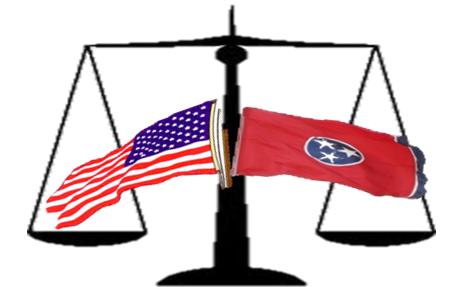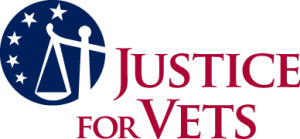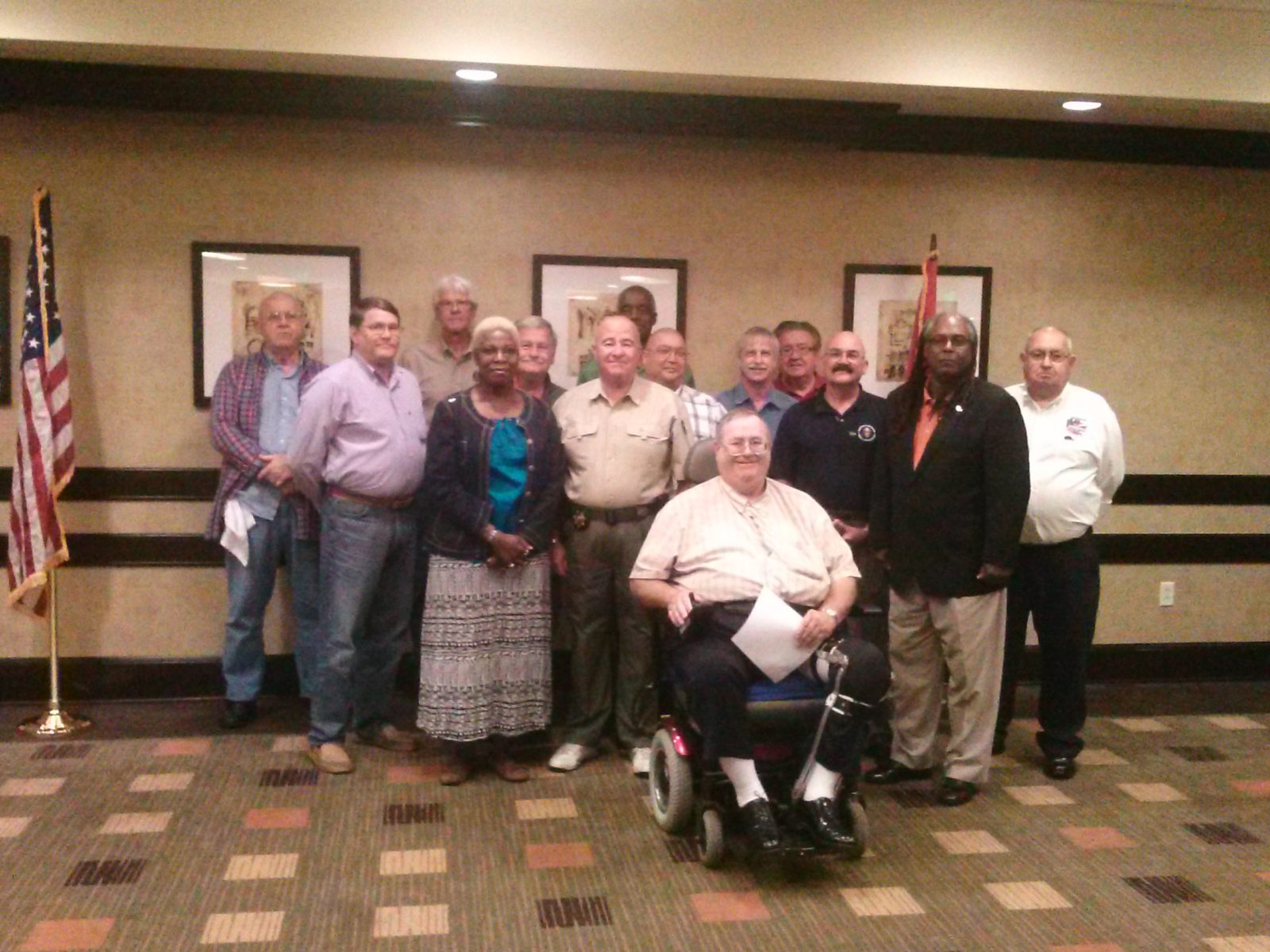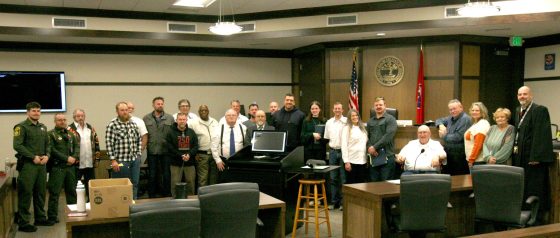

VTC Mentor Coordinator, David Oppenheim lives in Fentress County joined the National VTC Mentor Corps in June 2014. The first justice involved veteran came from Union County and the second from Campbell County in December 2014.
According to the Department of Veterans Affairs National Center for Veterans Analysis and Statistics, the Eighth Judicial District veteran population is 9,568 in 2015.
Fentress County - 1,211 Campbell County - 3,102 Claiborne County - 2,349
Scott County - 1,559 Union County - 1,348
The national movement has helped create over 200 Veterans Treatment Courts in the United States. In 2008, Honorable Robert Russell founded of the Buffalo Veterans Treatment Court and the VTC movement. The program's focus is to address specific issues and problems unique to our military veterans.
First Published VTC Study Shows Incredible Success!
 The Community Mental Health Journal
has released the first published study on Veterans Treatment Court and
the results are outstanding. Researchers from the Ohio Department of
Mental Health and Addiction Services tracked 86 veterans involved with
Veterans Treatment Court, all of whom were diagnosed with Post Traumatic
Stress Disorder (PTSD). They found that 89.5% remained arrest-free
during their time in the program and concluded that the veterans
participating in Veterans Treatment Court experienced significant
improvement with depression, PTSD and substance abuse as well as with
critical social issues including housing, emotional well-being,
relationships, and overall functioning.
The Community Mental Health Journal
has released the first published study on Veterans Treatment Court and
the results are outstanding. Researchers from the Ohio Department of
Mental Health and Addiction Services tracked 86 veterans involved with
Veterans Treatment Court, all of whom were diagnosed with Post Traumatic
Stress Disorder (PTSD). They found that 89.5% remained arrest-free
during their time in the program and concluded that the veterans
participating in Veterans Treatment Court experienced significant
improvement with depression, PTSD and substance abuse as well as with
critical social issues including housing, emotional well-being,
relationships, and overall functioning.
The study further concluded that mentoring from volunteer veterans is particularly effective. Veterans who received mentoring not only experienced better clinical outcomes, they reported feeling more socially connected.
“Veterans reported better treatment outcomes and quality of life over time when involved in the Vet Court,” the study states. “When provided programs and services that fostered recovery, veterans improved markedly on all study measures. Veterans particularly improved when provided a combination of trauma-specific treatment, peer mentor services, and medication. The importance of trauma-specific therapy and positive peer role models may be important for veterans with combat exposure who have re-integrated into a society unfamiliar with the struggles associated with combat experience.” Access the full study here.

The Eighth Judicial District Veterans Treatment Court program offers coordinated substance abuse and mental health support to military veterans caught up in the criminal justice system. Each veteran is assigned a substance abuse counselor and also offered a “mentor” who is a veteran him or herself. The veteran participants are provided veteran-specific sessions in conjunction with the other sessions and therapies offered to all recovery court participants.
2014 Eastern Tennessee Veteran Mentor graduates
While the criminal court system generally has a recidivism rate often exceeding 90%, recovery court programs reduced the rate to 20-30%; the national average for graduates of VTC programs is less than 10%, and often less than 4% when mentors are used. The VTC helps reduce crowded jails, offers a better chance of recovery for the veteran, helps maintain a more normal “nuclear family” environment for spouses and children, and allows the veteran to become – again – a proud and productive member of society and his or her community.
If you are interested in becoming a VTC mentor please
Visit a Mentor Veterans Treatment Court for FREE.
David Oppenheim
Eight Judicial District
VTC Mentor Coordinator
at 865-336-2624 office,
or 931-337-7159 cell or
complete the form below.
"ALL WE CAN DO IS HELP!" history.
This is the history of the Knox County Veterans Treatment Court inception and the Knoxville Regional Veterans Mental Health Council (Council) and the motto “all we can do is help”
Judge Cerny provided an email to the Council on December 10, 2014 which was included in the Council’s presentation to the Tenth Judicial District of Tennessee members in Madisonville, Tennessee.
Click here to read Judge Cerny’s email.
DON’T LET FEAR STOP YOU FROM DOING SOMETHING THAT COULD REALLY POSITIVELY IMPACT YOUR COMMUNITY!!



